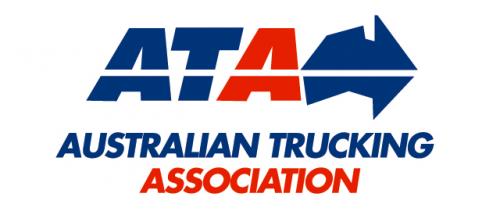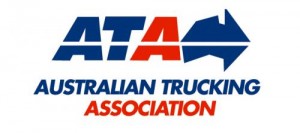ATA Welcomes Heavy Vehicle Infrastructure Spending to Boost Safety
The Australian Trucking Association (ATA) says that heavy vehicle infrastructure spending will enhance safety and efficiency. According to Stuart St Clair, ATA CEO all road users would benefit due to this safety dividend.
The association says that heavy vehicle infrastructure spending is vital to improving road safety. Projects which include road access improvements, new bridges, the building of new rest areas as well as upgrading existing heavy vehicle rest areas across the nation are crucial, the organisation emphasised.
The heavy vehicle projects expected over the next five years, from 2014-2015 through the Heavy Vehicle Safety and Productivity Program are estimated to cost over $200 million.
As St Clair points out, it is important to road safety that drivers abide by fatigue laws and take the necessary breaks, however there are some routes that don’t provide enough rest areas in order for them to do this. In fact according to a review, all Australia’s major highways failed to meet the national guidelines for rest areas.
The following statement from St Clair explains:
“The fatigue laws dictate that truck drivers must take regular breaks, but on many freight routes there simply aren’t enough rest areas for drivers to comply,” ATA CEO Stuart St Clair says.
“In 2008, a review of truck rest areas found that none of Australia’s major highways fully met the national guidelines, which require a major rest area every 100km, a minor rest area every 50km, and a small truck parking bay every 30km.
Read more at: http://www.fullyloaded.com.au
St Clair went on to state that the government’s efforts in improving heavy vehicle infrastructure through the program are commendable, especially because it improves road safety for all users not just truck drivers. He went on to state:
“By making it easier for drivers to find a place to stop, this funding improves safety for all road users.”
Read more at: http://www.fullyloaded.com.au
It is important that heavy vehicle operators and drivers abide by the law in order to improve road safety. In addition to ensuring that drivers take the necessary rest breaks and don’t break fatigue laws, operators also need to ensure that Chain of Responsibility Law is also being obeyed.
Chain of Responsibility laws dictate that everyone involved in the road supply chain is doing their bit to ensure laws aren’t broken. Consignors, consignees, drivers, even schedulers have a role to play in ensuring these laws aren’t broken and road safety is prioritised.
To learn what Chain of Responsibility is all about, workers need to be trained. Find out more about COR training and how to comply here.




